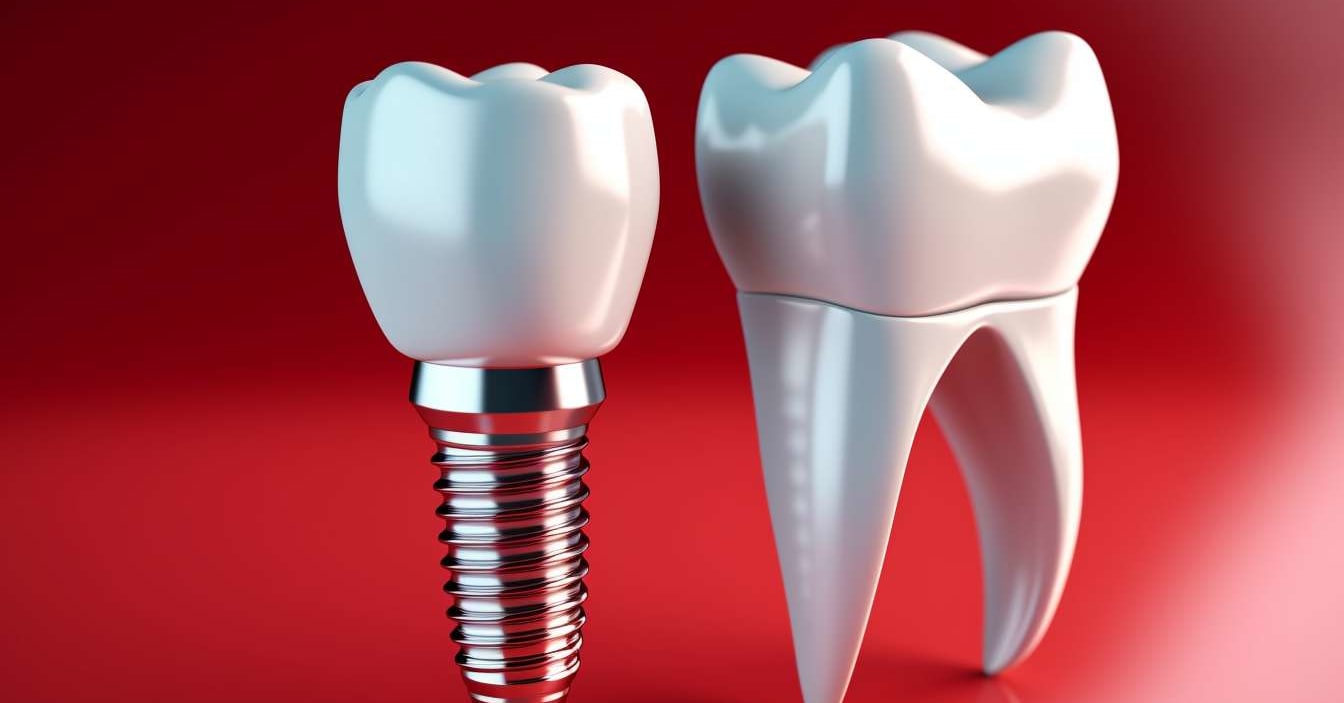2025 Bridges Guide: Types, Comfort, and Cost Considerations
Considering partial dentures or dental implants? Understanding dental bridges—how they work, their types, and potential costs—can help you choose a highly rated option for a secure and comfortable smile. This guide covers what dental bridges are, their advantages, typical concerns, and key factors for selecting the right dental care.

Missing teeth can significantly impact your daily life, affecting everything from eating and speaking to your confidence when smiling. Dental bridges have emerged as a time-tested solution that addresses these challenges by literally bridging the gap left by one or more missing teeth.
Understanding Dental Bridges: A Modern Solution for Tooth Replacement
A dental bridge consists of one or more artificial teeth, called pontics, anchored by crowns placed on adjacent healthy teeth or dental implants. This fixed prosthetic device cannot be removed by the patient, unlike dentures, providing a stable and permanent solution for tooth replacement.
Modern bridges are crafted from various materials including porcelain, ceramic, metal alloys, or combinations thereof. The choice of material depends on factors such as location in the mouth, aesthetic requirements, and budget considerations. Porcelain and ceramic bridges offer excellent aesthetic results, closely matching natural tooth color and translucency.
Types of Dental Bridges Available in 2025
Traditional bridges remain the most common type, using crowns on adjacent teeth to support the replacement tooth. These work well when healthy teeth exist on both sides of the gap. Cantilever bridges anchor to teeth on only one side, suitable for areas with less chewing pressure.
Implant-supported bridges represent the most advanced option, using titanium implants instead of natural teeth for support. This approach preserves healthy tooth structure and provides superior stability. Maryland bridges, also called resin-bonded bridges, use metal or porcelain wings bonded to adjacent teeth, requiring minimal tooth preparation.
Comfort Levels and Patient Experience
Comfort has improved dramatically with modern bridge technology. Advanced materials and precise digital impressions ensure better fit and reduced adjustment periods. Most patients adapt to their new bridge within a few weeks, with initial sensitivity typically subsiding quickly.
Proper oral hygiene becomes crucial for long-term comfort. Special floss threaders or water flossers help clean beneath the bridge, preventing food accumulation and bacterial growth. Regular dental checkups ensure the bridge remains properly fitted and comfortable throughout its lifespan.
Exploring the Cost of Dental Bridges for Teeth in Various Cities
Dental bridge costs vary significantly based on location, materials, and complexity. Urban areas typically command higher prices due to increased overhead costs, while rural locations may offer more affordable options.
| Bridge Type | Provider Example | Cost Range |
|---|---|---|
| Traditional Bridge | Aspen Dental | $2,000 - $5,000 |
| Implant-Supported | ClearChoice | $3,500 - $15,000 |
| Maryland Bridge | Local Dental Practices | $1,500 - $2,500 |
| Cantilever Bridge | Heartland Dental | $2,500 - $4,500 |
Prices, rates, or cost estimates mentioned in this article are based on the latest available information but may change over time. Independent research is advised before making financial decisions.
Dental Bridges for Missing Teeth: A Comprehensive Solution
Beyond replacing missing teeth, bridges provide comprehensive oral health benefits. They prevent remaining teeth from shifting into empty spaces, maintain proper bite alignment, and preserve facial structure. The psychological benefits include restored confidence and improved quality of life.
Success rates for dental bridges exceed 95% when properly maintained. With good oral hygiene and regular dental care, bridges can last 10-15 years or longer. Factors affecting longevity include material choice, oral hygiene habits, and individual oral health conditions.
Making the Right Choice for Your Situation
Selecting the appropriate bridge type requires careful consideration of multiple factors. Your dentist will evaluate the condition of adjacent teeth, bone density, gum health, and aesthetic requirements. Financial considerations and insurance coverage also play important roles in the decision-making process.
Consultation with a qualified dentist provides personalized recommendations based on your specific situation. Many practices offer payment plans or financing options to make treatment more accessible. Getting multiple opinions can help ensure you receive the most appropriate treatment recommendation.
Dental bridges continue to evolve with advancing technology, offering patients increasingly comfortable and aesthetically pleasing solutions for tooth replacement. Whether you choose a traditional approach or opt for the latest implant-supported options, bridges provide a reliable path to restored oral function and confidence.
This article is for informational purposes only and should not be considered medical advice. Please consult a qualified healthcare professional for personalized guidance and treatment.




